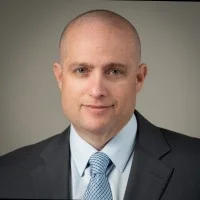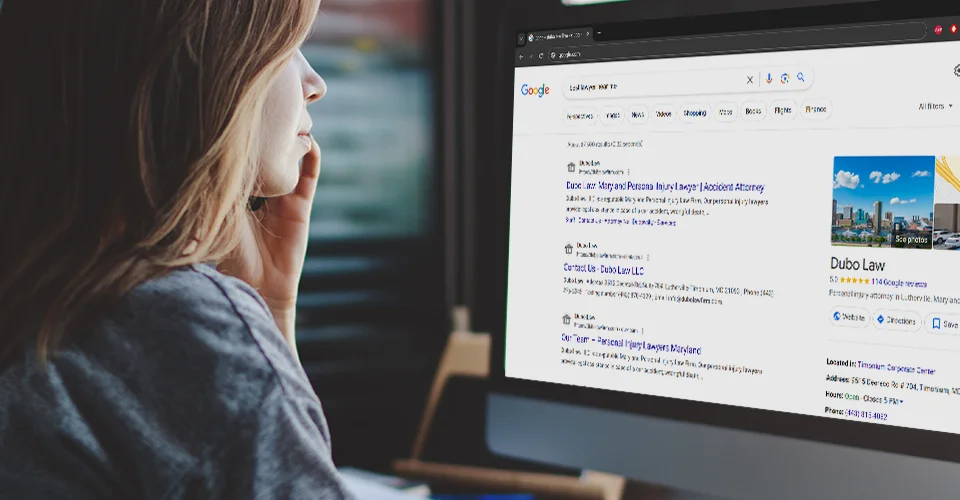Res Ipsa Loquitur
Res ipsa loquitur is Latin for “the thing speaks for itself.” This legal doctrine allows a plaintiff to create an inference of a defendant’s negligence absent direct evidence. It serves as a crucial legal principle, particularly significant in medical malpractice and medical negligence cases, where it is applied to establish negligence through circumstantial evidence when direct proof is lacking.
Ultimately, the plaintiff must present evidence in which a jury could infer that the situation was caused by the negligent act within the defendant’s control. Typically, a plaintiff bears the burden of establishing all of the traditional elements of negligence. However, when a plaintiff utilizes the doctrine of res ipsa loquitur, he or she need only prove three components:
1. the accident ordinarily does not occur absent negligence;
2. the accident was caused by an instrumentality within the defendant’s exclusive control; and
3. the accident was not caused by an act or omission of the plaintiff.
1. The accident ordinarily does not occur absent negligence
This element of res ipsa loquitur is applicable only when circumstances tend to show that the resulting injury, accident, harm would not have happened if proper care was exercised by the party being potentially held liable.
The most classic examples of such scenarios are a piano falling from a window or a sponge being left inside of a patient following surgery. It’s reasonable and safe to infer negligence in these scenarios as they usually would not occur absent negligence.
Circumstantial evidence, such as in the examples above, plays a crucial role in establishing negligence under this element – especially in medical malpractice cases where direct evidence of negligence may not be readily available. However, the plaintiff still must establish the following two elements as well.
2. The accident was caused by an instrumentality within the defendant’s exclusive control
To establish this element of res ipsa loquitur, the plaintiff is not required to exclude every conceivable alternate cause of the accident but must simply demonstrate that no intervening force or third party had control over the instrumentality and/or did not contribute to the accident.
In doing so, the plaintiff shows that only the defendant had control over the instrumentality that led to the situation where the patient’s injury occurred.
This element is particularly applicable in medical malpractice cases, illustrating how res ipsa loquitur helps in situations where the medical professional had exclusive control over the cause of the injury.
3. The accident was not caused by an act or omission of the plaintiff
If the plaintiff contributed by some act or omission of their own to the accident in any way, res ipsa loquitur cannot be established.
Establishing the above three elements of res ipsa loquitur generates a permissible case to infer negligence by the defendant. Ultimately, the jury determines whether to draw that inference from the evidence presented.
However, if the plaintiff fails to present evidence satisfying all three elements of the doctrine, then a directed verdict for the defendant is proper. Moreover, res ipsa loquitur is not available to plaintiffs whose case requires expert testimony on complex issues of fact.
Res Ipsa Loquitur in Maryland
Res ispa loquitur has been applicable in Maryland in a select few fact patterns, including falling objects, single-vehicle accidents, exploding bottles, food or drink container impurities, stairway collapse, and a car rolling downhill after being parked.
Case Example of a Res Ipsa Loquitur Claim
District of Columbia v. Wayne Singleton, et al. was a single-vehicle car accident case in Maryland in which the plaintiff was a passenger on a bus and was injured after the bus veered off the roadway, went airborne, and struck a tree.
At trial, the plaintiff invoked the res ipsa loquitur doctrine. However, the court ruled that he failed to establish the second element- that the defendant had exclusive control over the instrumentality. The plaintiff did not offer any evidence to disprove the fact that a third party or intervening force may have caused the bus to leave the roadway and cause the accident.
In this case, the Maryland Court of Appeals ruled in favor of the defendant because the plaintiff failed to establish all three elements of res ipsa loquitur.
Conclusion
Overall, res ipsa loquitur is an extremely helpful doctrine for plaintiffs when direct evidence of the defendant’s negligence is unavailable to them.
However, the doctrine is immensely complex and may require the assistance of an experienced Maryland personal injury attorney. To establish a res ipsa loquitur case requires tremendous skill, experience, and knowledge of the legal system.
Dubo Law is equipped to assist our clients in pursuing all personal injury or malpractice cases, including res ipsa loquitur cases.








